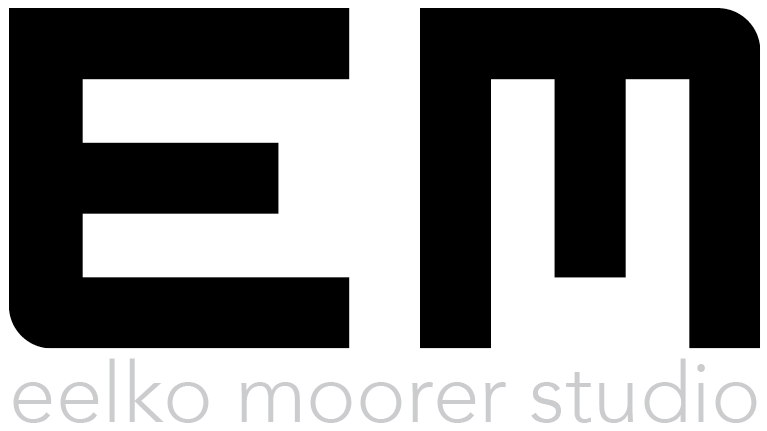Artist Statement
Eelko Moorer wants to design functional sculptural objects. Designs that arrest and question what is. Just like a poet expands and pushes the limits and function of language, he aims to explore the boundaries of design and its experience.
His work is a continuous investigation of displacement and margins to furnish the aesthetic, the escapist, or the ideological possibilities of designed objects. It strives to design an aesthetic counter-discourse through subversion and re-purposing in order to offer alternatives to the soulless pathology of normality in our culture reflected by the contemporary design of the everyday.
Defamiliarising familiar forms obstructs direct understanding of the object’s meaning, thus reveals new layers of experience. Functions and their meanings are challenged, creating a suspended area of ambiguity that exposes, questions and confronts the world, breaking it open as if seeing it for the very first time.
Combined with handcrafted artefacts offering tactility and sensuality, this instigates a surface sensibility that awakens curiosity. These are design features that seduce the viewer into narratives, themes and concepts rarely addressed in design, such as perversity, death, and the erotic. These notions also speak to the heart, thus calling inner life into play in order to shift the focus of our lives away from a purely mental place to an arena where intuition, emotion and physical senses are at play and where pleasure is the driving force rather than a sense of duty.
Eelko Moorer approaches design as a language. Everyday artefacts function as vehicles to investigate and question the world, conveying both personal and social stories. The relationship and conflict between the individual and the social body is embodied in marginal objects that, as eccentric reminders, transgress the existing order of artefacts. They stand outside the dominant order, yet, at the same time firmly in it.
In this way, they tell stories about the beliefs- the values, ideas, attitudes, and assumptions of a particular community at a given time whilst simultaneously offering different perspectives on the current norm. Moorer puts ideas into the world by constructing this type of storytelling through objects. Narratives raise issues to reflect upon, in order to better understand the beliefs of the power structures they serve, yet without telling you how to think.
Eelko Moorer attempts to investigate what’s human through the poetic, using an imaginative and emotional style of expression.
